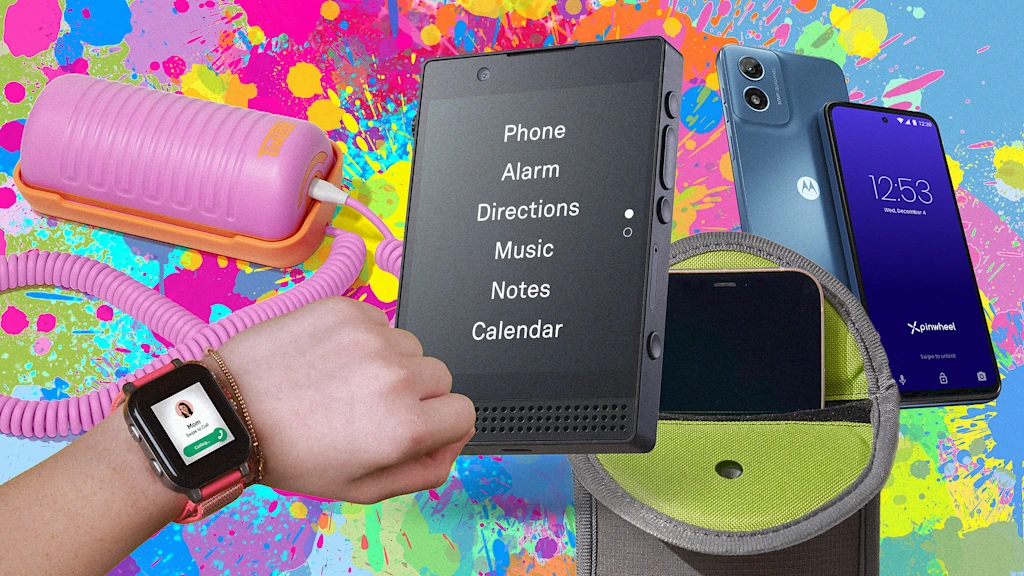
"With more than a decade of experience working as a design and tech analyst, Andrew Hogan is all in on the efficiency and ease that tech brings to our lives. But lately at home with his daughters (ages 4 and 18 months), Hogan is grappling with something unwieldy and undefined: how parents, kids, and technology interact, from smartphones to screen time to AI."
"In fall 2024, Hogan began writing a newsletter called Parent.Tech, designed to help him, and other parents, better understand how to navigate the increasingly complex world of tech and consumer products. Some of the topics covered include parenting apps, parental controls, AI's place (or not) in homework, and how to build a framework for kids' tech use. "I want to be a better dad, and Parent.Tech was a path to doing that," Hogan says. "It's given me some scaffolding and context to make decisions.""
"Hogan is parenting children who are on the back end of the "anxious generation," named for a book written by social psychologist and New York University professor Jonathan Haidt. Touted by Oprah Winfrey and Katie Couric, the book links the steep decline in adolescent mental health to the increased reliance on screens and technology, calling this period in our culture "the great re-wiring of childhood." Haidt advocates for more time steeped in unfettered play and fewer hours tethered to tech."
Andrew Hogan brings over a decade of experience as a design and tech analyst and values technology's efficiency. He is navigating how parents, children, and technologies like smartphones, screen time, and AI interact while raising two young daughters. In fall 2024 he launched a newsletter called Parent.Tech to help parents understand parenting apps, parental controls, AI's role in homework, and frameworks for children's tech use. He seeks scaffolding and context to make parenting decisions. Jonathan Haidt's "anxious generation" thesis links adolescent mental health declines to increased screen reliance and advocates more unfettered play and fewer hours tethered to tech. Entrepreneurs have introduced products intended to help families reclaim attention and relationships.
Read at Fast Company
Unable to calculate read time
Collection
[
|
...
]